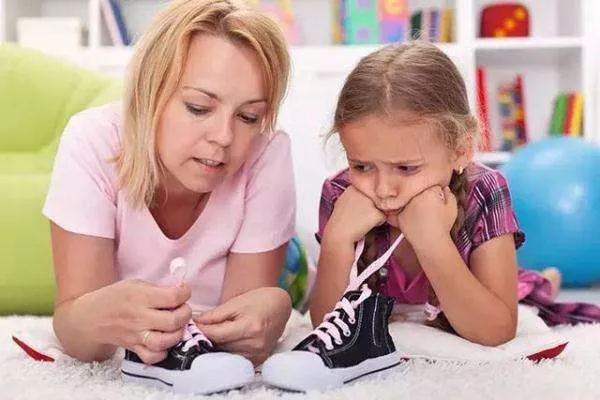The decline in children’s mental health has been linked to the reduction of independent play in their lives. Research professor Peter Gray, who co-authored a commentary on the topic, explains the connection.
Roots of Decline: The decline of independent play can be traced back to various factors, including the influence of television, increased schooling, organized sports, and other adult-directed activities. Additionally, the 1980s marked a shift towards heightened parental fear, preventing children from playing outdoors unattended.
Development through Play: Independent play is crucial for children’s development. It allows them to decide and control their activities, solve problems, learn to interact with peers, and develop resilience. Shielding children from challenges and conflicts can lead to a victim mentality, making them more susceptible to anxiety and depression.
Encouraging Independent Play: Parents and caregivers can help children engage in independent play by setting aside specific times for outdoor activities, free from adult intervention. This can be done in collaboration with other parents to ensure the safety of the children while promoting unstructured play.
Creating opportunities for children to play independently and develop problem-solving skills is vital for their mental health and overall well-being.



























